Each week, dozens of new Kickstarter campaigns are launched for a variety of board games. As a backer of 73 different projects, it takes something special for a game to stand out to me. So when I stumbled across the campaign for Wolves a few days ago, I knew I was looking at something unique. I reached out to Connor Alexander, the Kickstarter organizer and founder of Coyote & Crow Games, to find out more about the story behind his latest project. He was happy to sit down and answer a few of my questions to help us understand why Wolves is a game that’s worthy of our attention.
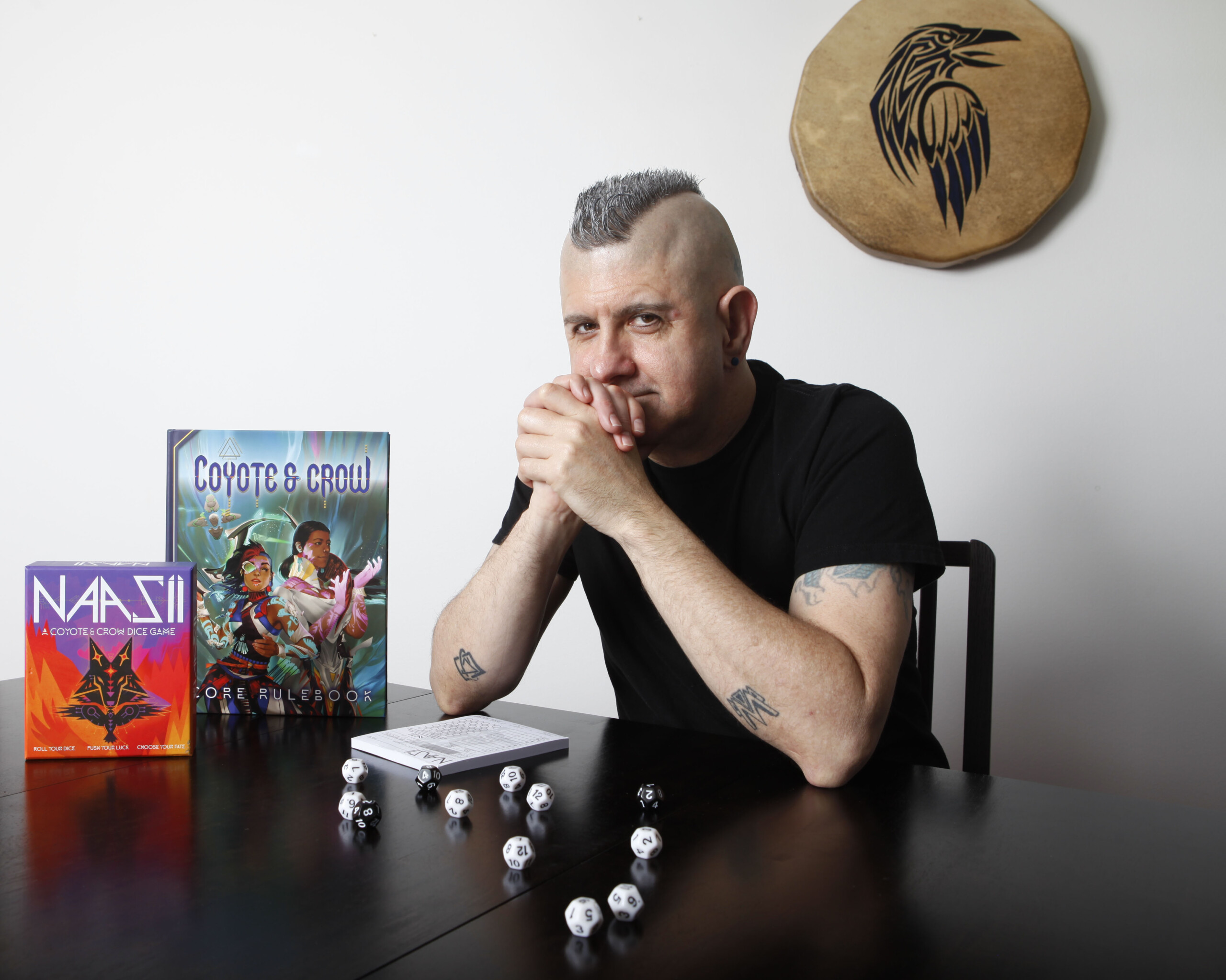
First off, tell us a little bit about yourself and your personal history with gaming.
I’ve been gaming since I was probably around 5. It started with classic games like Chess and whatever Milton Bradley was producing. But by 1980, I’d grown into Dungeons & Dragons and by 1986 I’d added games like Axis & Allies to the list. Over the years, I’ve swung back and forth between being more focused on RPGs or more on tabletop games. These days it’s a healthy bit of both.
But I didn’t work in gaming until 2014. My degree was in film & television and I’d been doing sort of mundane office marketing work. I’d gotten laid off and was looking for a gig when I saw an opportunity to volunteer for a new game store that was running a Tabletop Day event. From there, I went on to be a manager of that store for a couple of years. Then I got recruited by a major games distributor and worked for them for five years as an account manager, dealing with a ton of well known games publishers. That really got my foot in the door.
Once Coyote & Crow really took off, I left that company and started Coyote & Crow Games, which has been going for two years now!
Your company name comes from the title of a roleplaying game that you released back in 2021. Can you tell us a little about that game and what your motivations were behind launching it?
My time working for the distributor really allowed me to see all the gooey insides of the game publishing business. There’s a lot to love and a lot of passionate people working to create games. But there was also a real lack of diversity and representation. There still is.
I continuously saw games being made with Native American themes and settings that had zero Native designers or artists involved. Maybe, occasionally, there was a consultant brought in to ensure that there wasn’t anything offensive there. I finally got to the point where I was tired of complaining about it and wanted to do something to change that narrative.
My goal wasn’t to start a company though. I just wanted to create a roleplaying game that was free of colonialism, had Native writers and artists, and had a setting that was positive and hopeful. I guess it really spoke to folks and I’m lucky enough to have turned that into a much larger goal as a publisher.
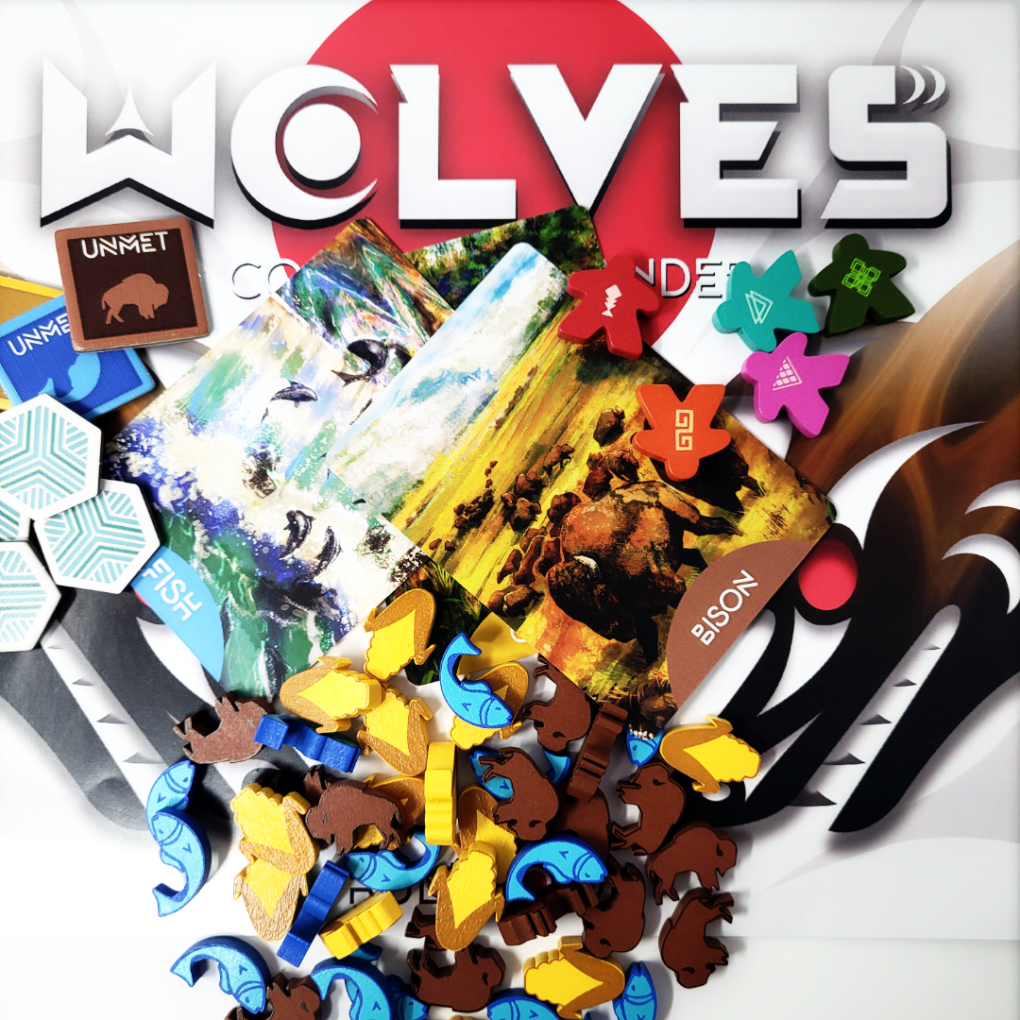
Now let’s get to Wolves, which is currently on Kickstarter. How is this game a continuation of the work that you started with Coyote & Crow?
I love RPGs, but they can be scary to many folks who didn’t grow up with them. And they can also be incredibly expensive. Adding those kinds of hurdles when you want to reach as wide an audience as possible – and in the case of Natives, an audience that doesn’t always have the same amount of disposable income as average Americans – put me in a spot where I knew I needed to branch out.
While we’re looking at other stuff, like TV and comics and video games, what I had more direct control over was the gaming space. So for me, it was about branching into stand alone tabletop games as quickly as possible. I feel like there are so many great modern games out there and so many wonderful Indigenous concepts and themes that haven’t been explored in the game space that it just made sense to marry those things up.
Hopefully, the hobby gaming crowd gets something different and Indigenous folks have something they can play with their friends and families that isn’t just about capitalism or colonialism.
The game is semi-cooperative, which is fairly uncommon among board games today. What are some interesting gameplay elements that come with this type of game?
For Wolves, I love the fact that many of the phases of the game are played simultaneously. The ‘gathering’ phase, where folks draw cards from their deck is an example. And it’s just drawing cards until you choose to stop. People can go at their own pace.
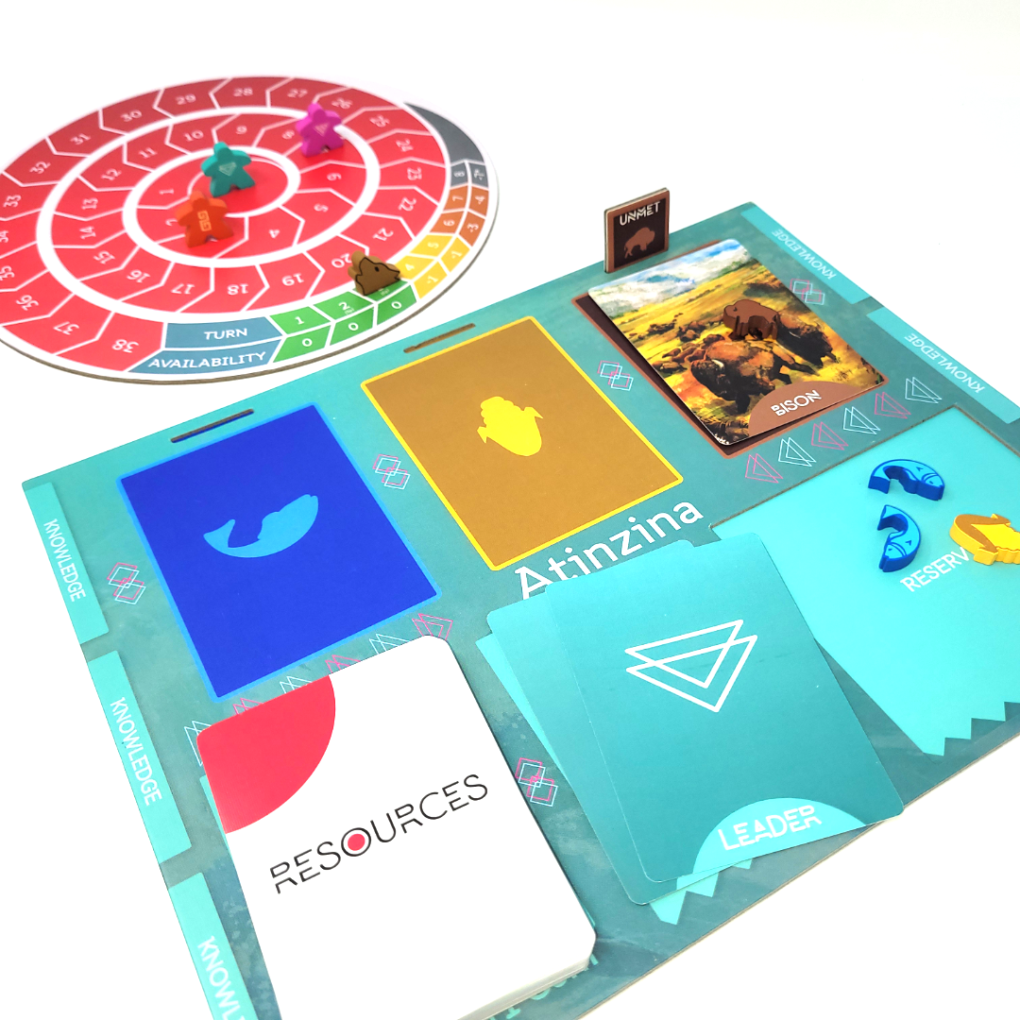
Later, there’s a phase where people can gift each other resources they’ve gathered and that goes in order of who has the most status. It’s based on a number of different Indigenous cultures that have them giving gifts to each other, not just as an economy, but as a way of forming community bonds. It’s also a way for people to sort of claim bragging rights. Like, you can say, “Hey, we’re so good at fishing, we have enough to supply our people with fish and to cover you. Here, take this fish.” And being able to offer that, that conveys status to that leader.
And since each player not only wants to provide for their community, but also be seen as a great leader, you end up having an incentive to be the person who gives away the most resources. I like the idea that winning a game doesn’t have to be predicated on crushing your opponents along the way.
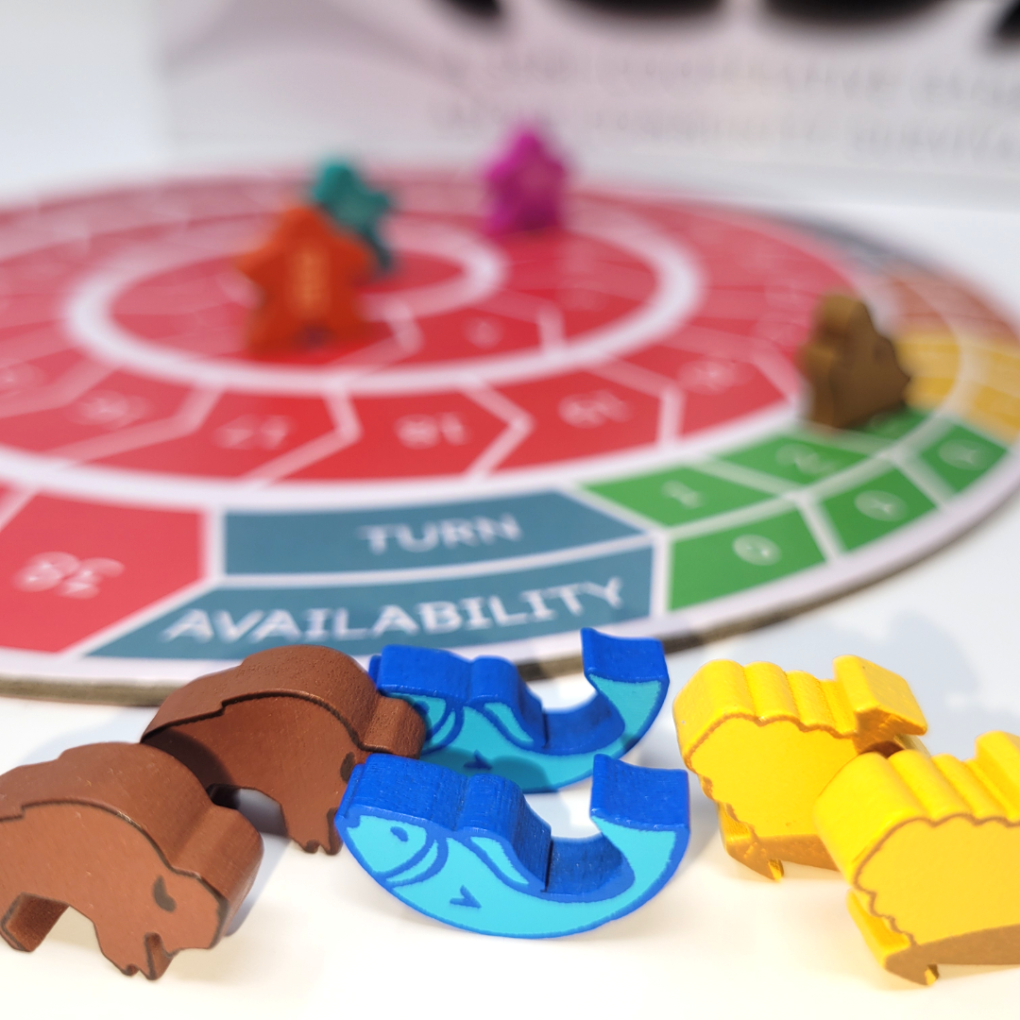
You’ve talked in your campaigns about the importance of “raising the voices of Native creatives” and including diverse and “positive portrayals of Native American cultures and perspectives”. What do you think of the current representation of Native and Indigenous Americans in the board gaming industry, and what are some steps that you believe can be taken to make things even better?
Yeah, it’s pretty terrible. Some companies are getting better about bringing on consultants, but to be honest, that was always a bare minimum. Really it needs to start at the ground floor. Publishers need to ask themselves whether a game needs an Indigenous theme or setting strapped to it. If it does, bring on Native designers and artists at the beginning. If it doesn’t, maybe do a different theme.
But it’s not just about representation. It’s also about making the game better. I promise, if you bring on a Native in your design phase, they’re going to think of things that a non-Native designer never would have, no matter how well they think they know that tribe or region’s history.
What is the gaming culture like for the Cherokee Nation?
Cherokee people are, like a lot of Natives I know, really competitive. Many tribes and Nations have a long history of games of chance and social deduction games, but also competitive sporting events. We get a rep in mainstream American culture as being these stoic, tragic figures, but that’s all just media narrative. Most Cherokees I know are really funny, extroverted people and gaming in any form is something we generally embrace.
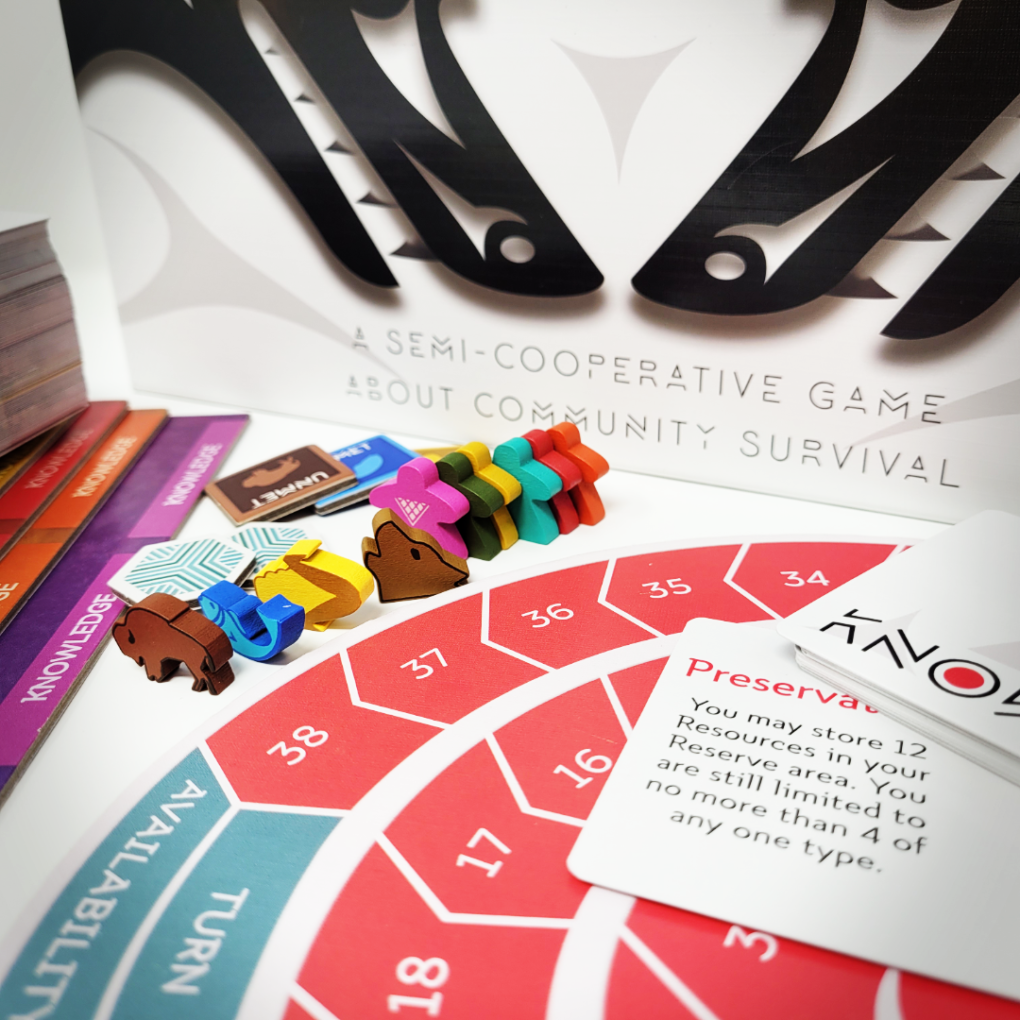
What has your experience been for this and your other Kickstarter campaign? Any surprises or challenges that you have faced along the way?
Our first Kickstarter was a shock for how successful it became and how much it really sort of blew up on us. Our original goal had been $18,000 and we hit that in I think 45 minutes. By the time we were done, we’d passed 1 million dollars. So there was a lot learned there. Plenty of mistakes and missteps along the way too, but I’m really proud of what we accomplished and produced. The Coyote & Crow book is fantastic and it has birthed a truly lovely community of people, especially on our Discord channel.
With Wolves, we’re learning a new lesson I think. I’m just guessing of course, because there’s no way to accurately poll backers of both campaigns, but I think a 3-6 player semi-cooperative game is a very specific niche of game that is going to attract a more narrow type of player, at least on Kickstarter. We’re almost 300% funded as I write this, but it’s obviously not going to be as huge as Coyote & Crow was. Instead, I think this is a game that will take off once it gets out to families and gets on game tables. We’ll see!
Do you have any plans for the future beyond this current Kickstarter campaign?
Oh yes! We’ve got two more tabletop games in development and I’m also writing the first full expansion book for Coyote & Crow, which will be a setting book that I think folks will really enjoy and have quite a bit of content that even non-rpg fans will enjoy. We’ve also got some great news that we’ll be announcing over Gen Con that includes a number of partnerships we’re entering into.
Anything else you want to share with potential backers?
We just passed our first stretch goal, a free version of Wolves for Tabletop Simulator. That will go live very shortly, before the campaign is finished. We’re also offering donation options on our Kickstarter for copies of the games to go to schools or libraries that service Indigenous communities. And our next stretch goal is going to be raising money for Illuminative, an amazing Indigenous focused charity that really does some incredible work. Lastly, I’m really proud that Wolves is plastic free. Everything is FSC certified and there won’t even be shrink wrap on the game. We’ll be crowdfunding for Wolves until August 7th.
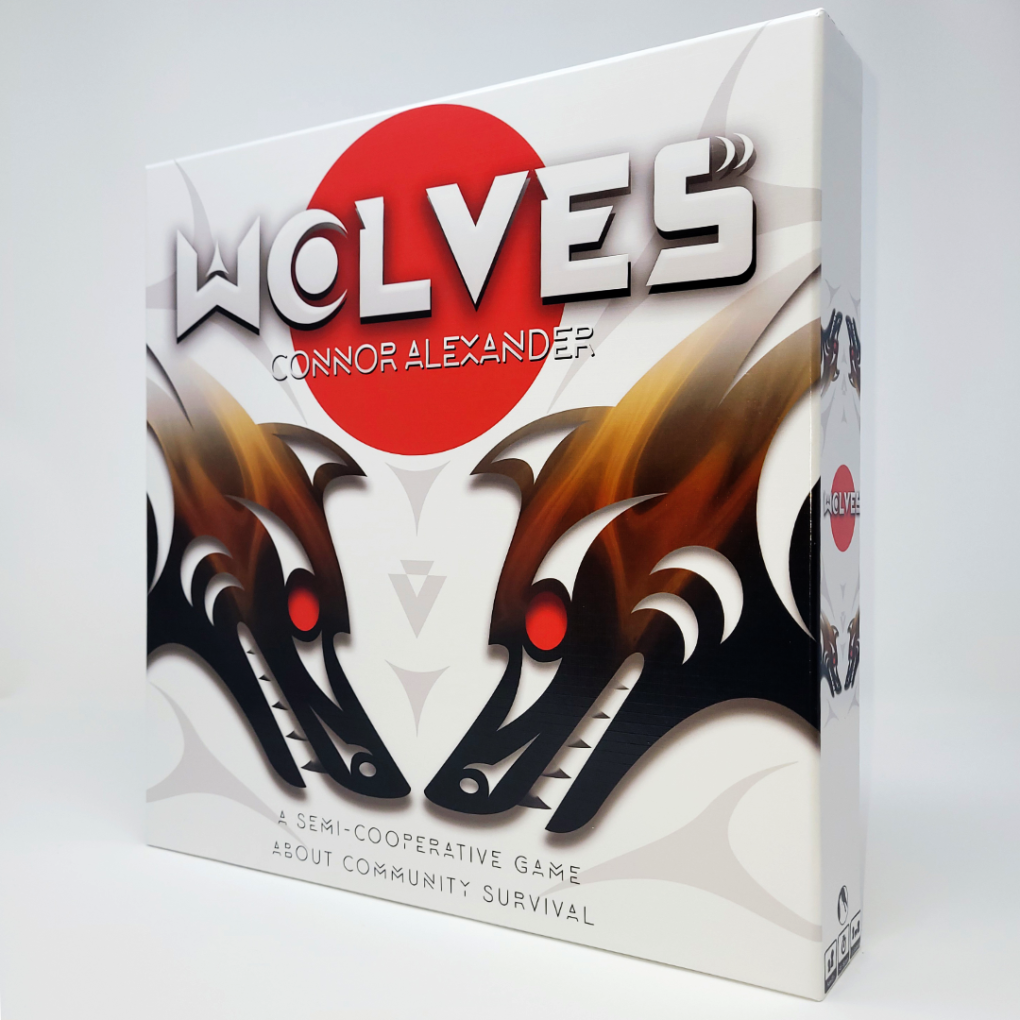
You can check out the Kickstarter campaign for Wolves and more about Coyote and Crow.
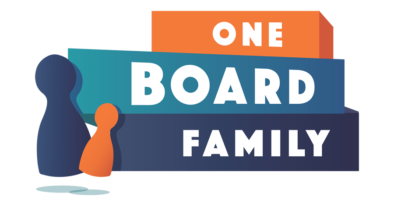
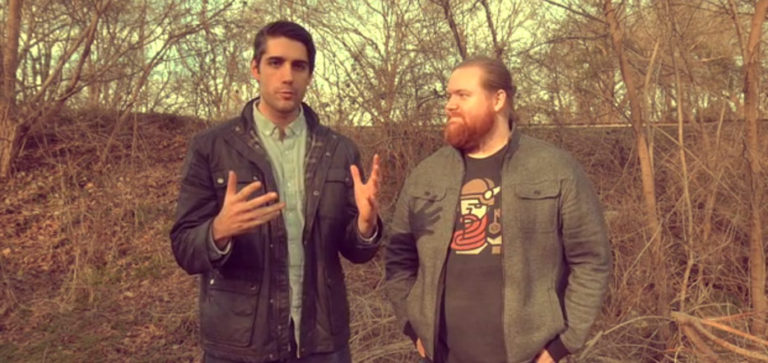

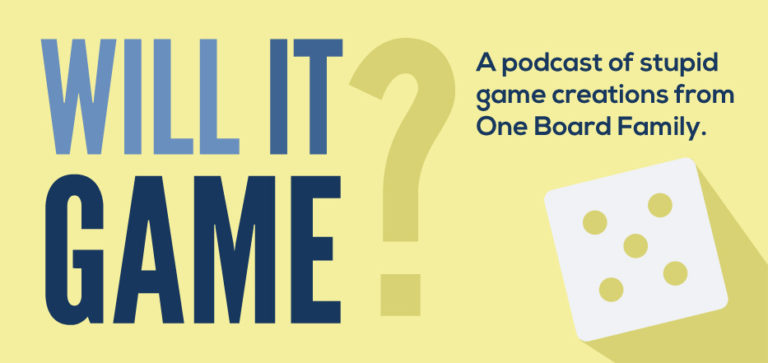
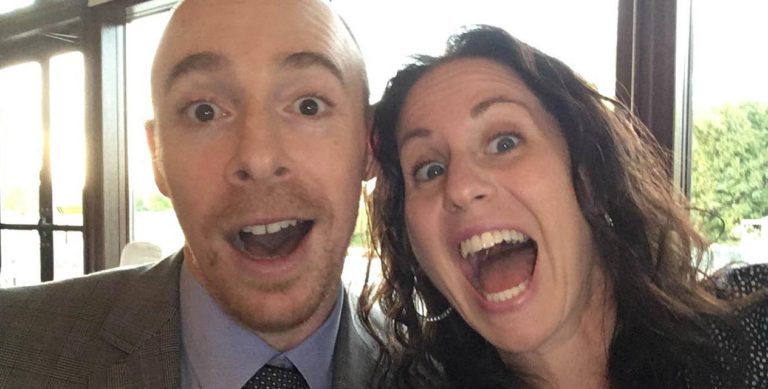
Wow! I knew nothing about this company before this interview. Thanks for sharing Ric! Excited to check out Wolves.